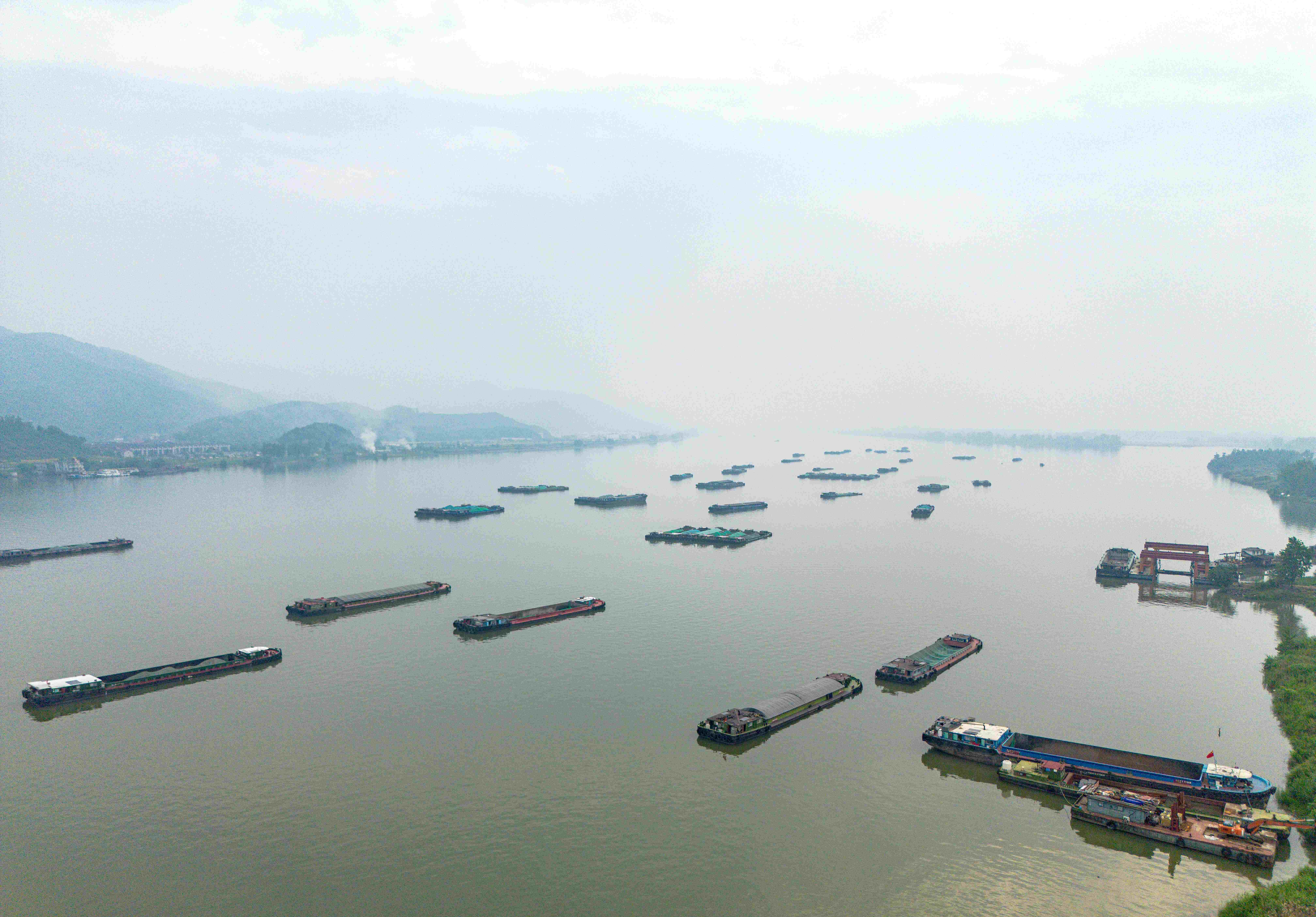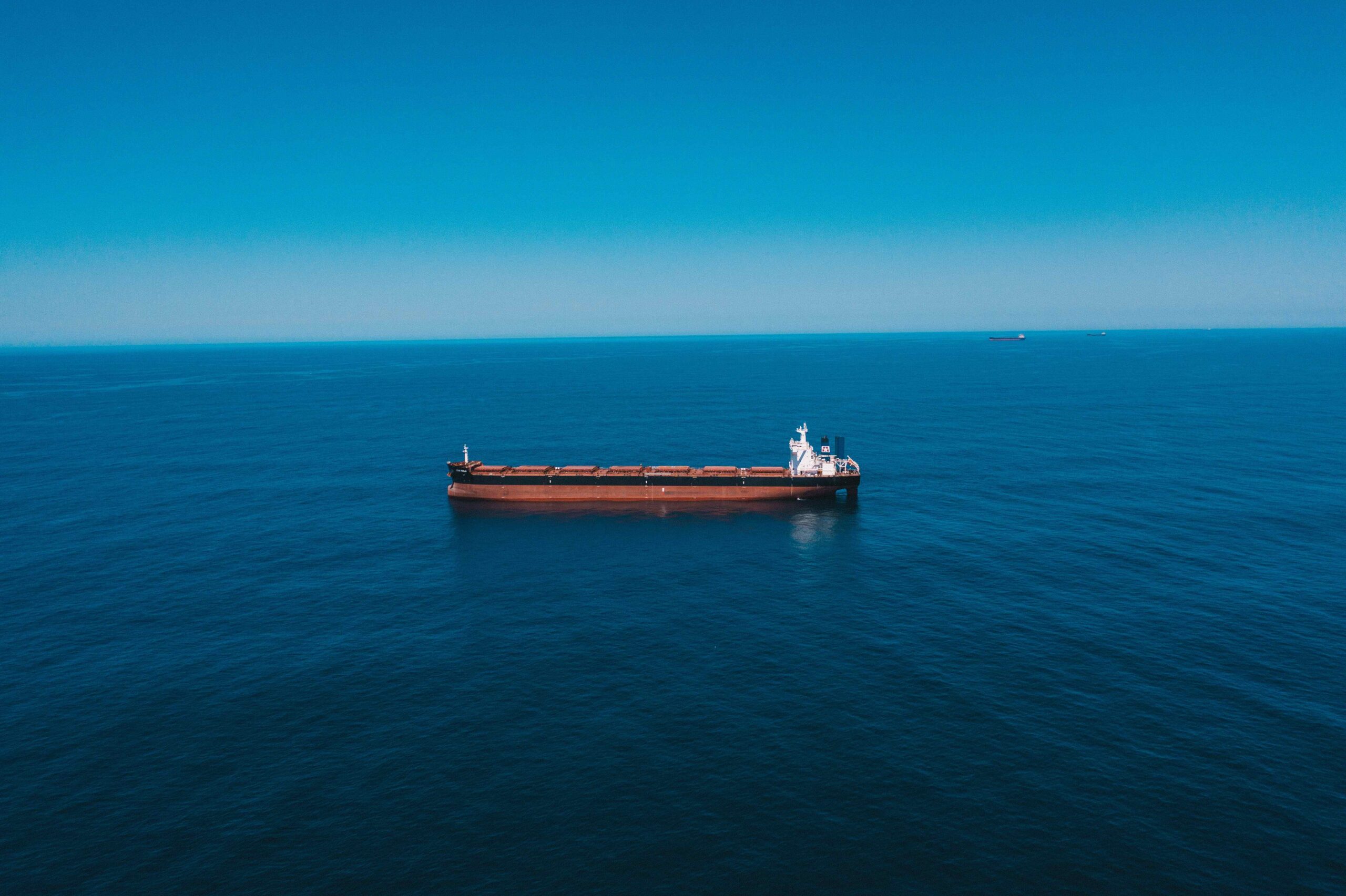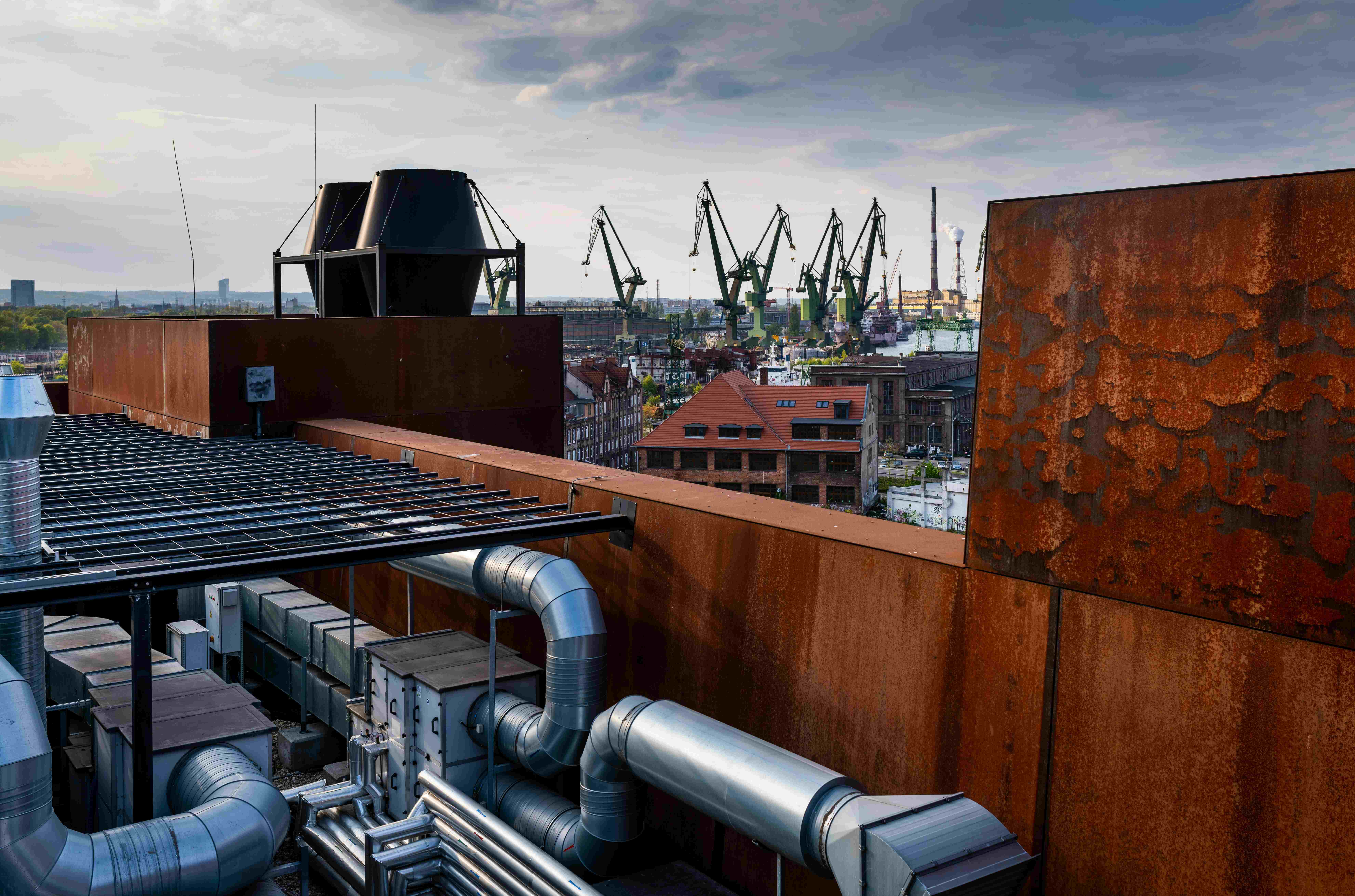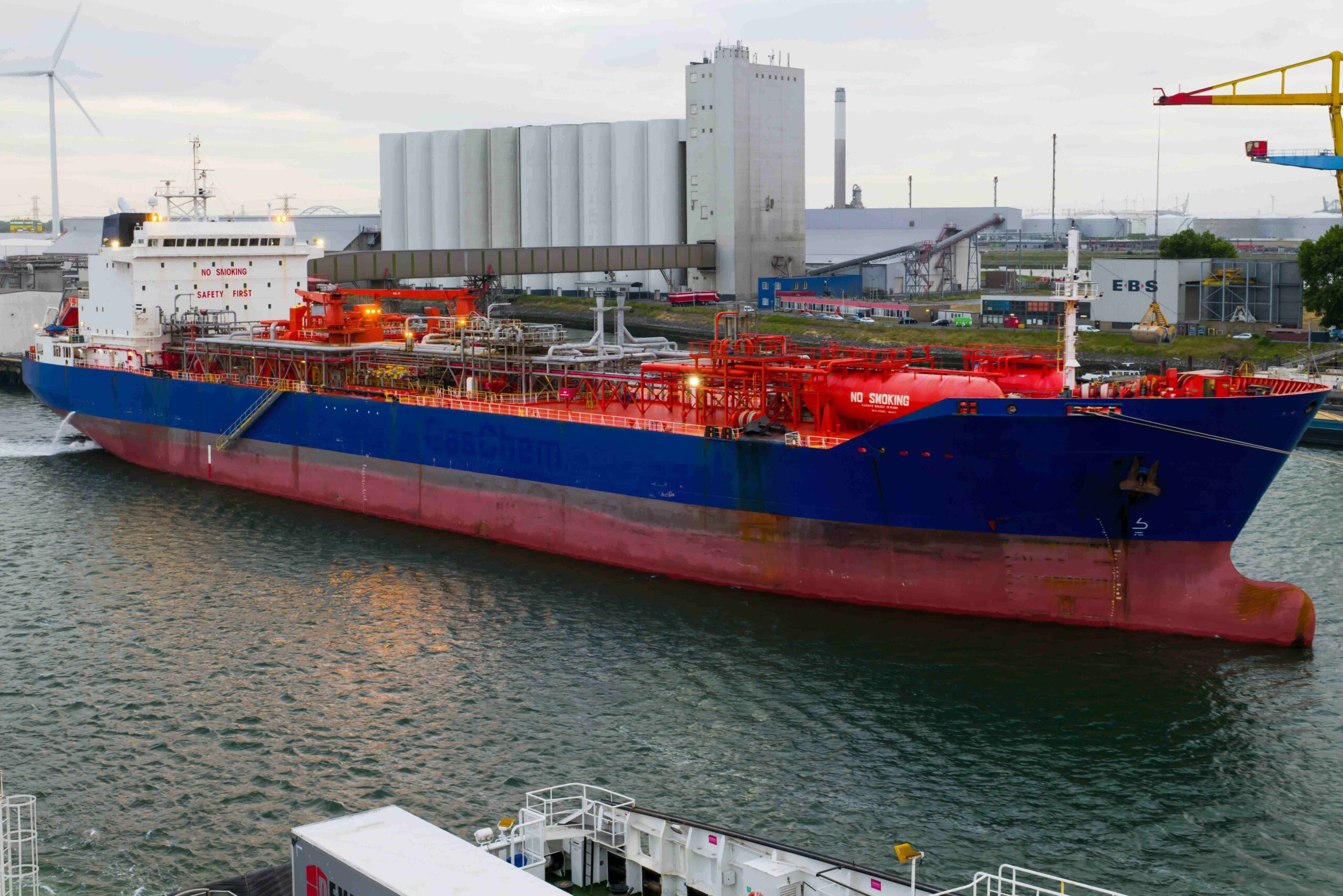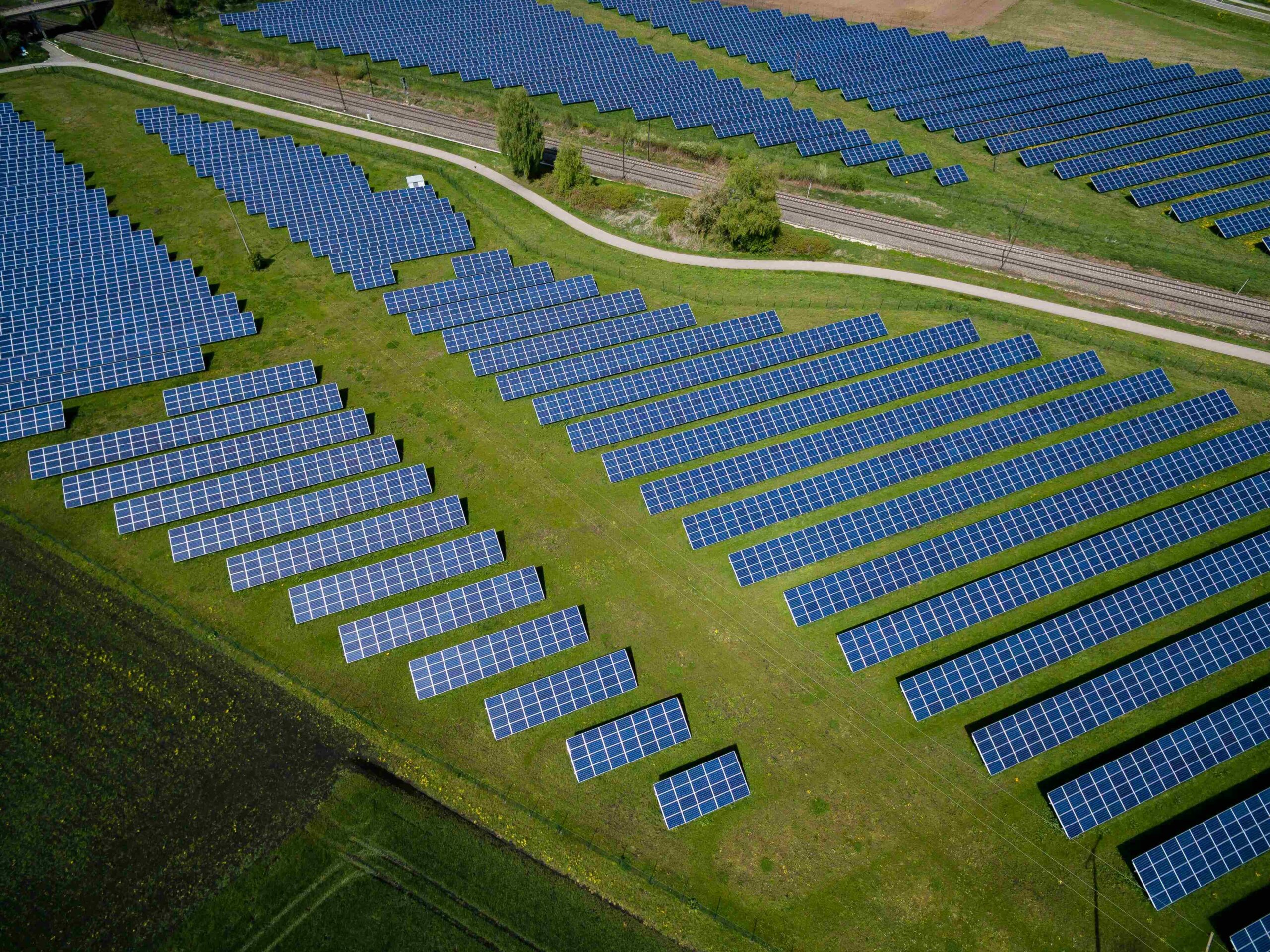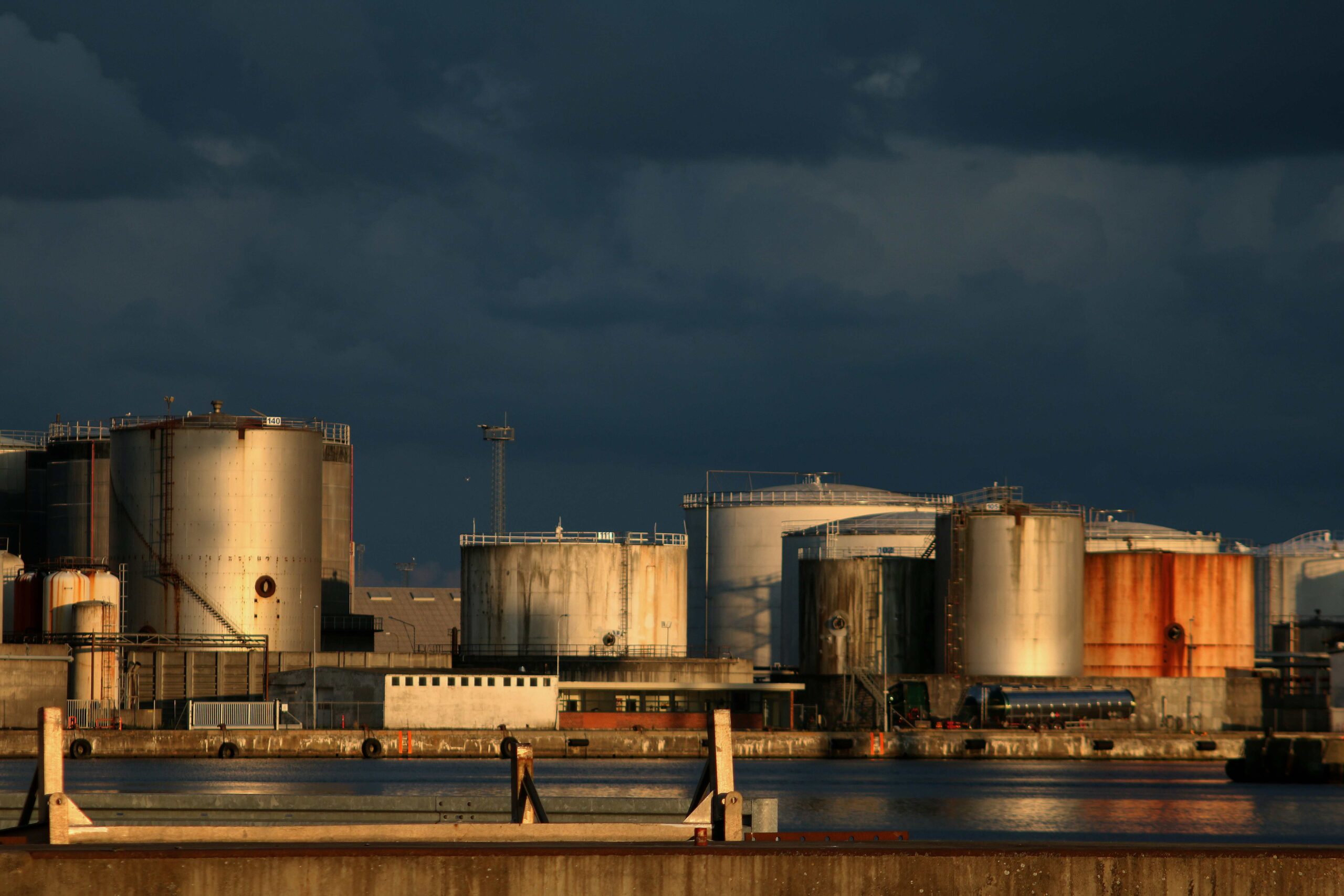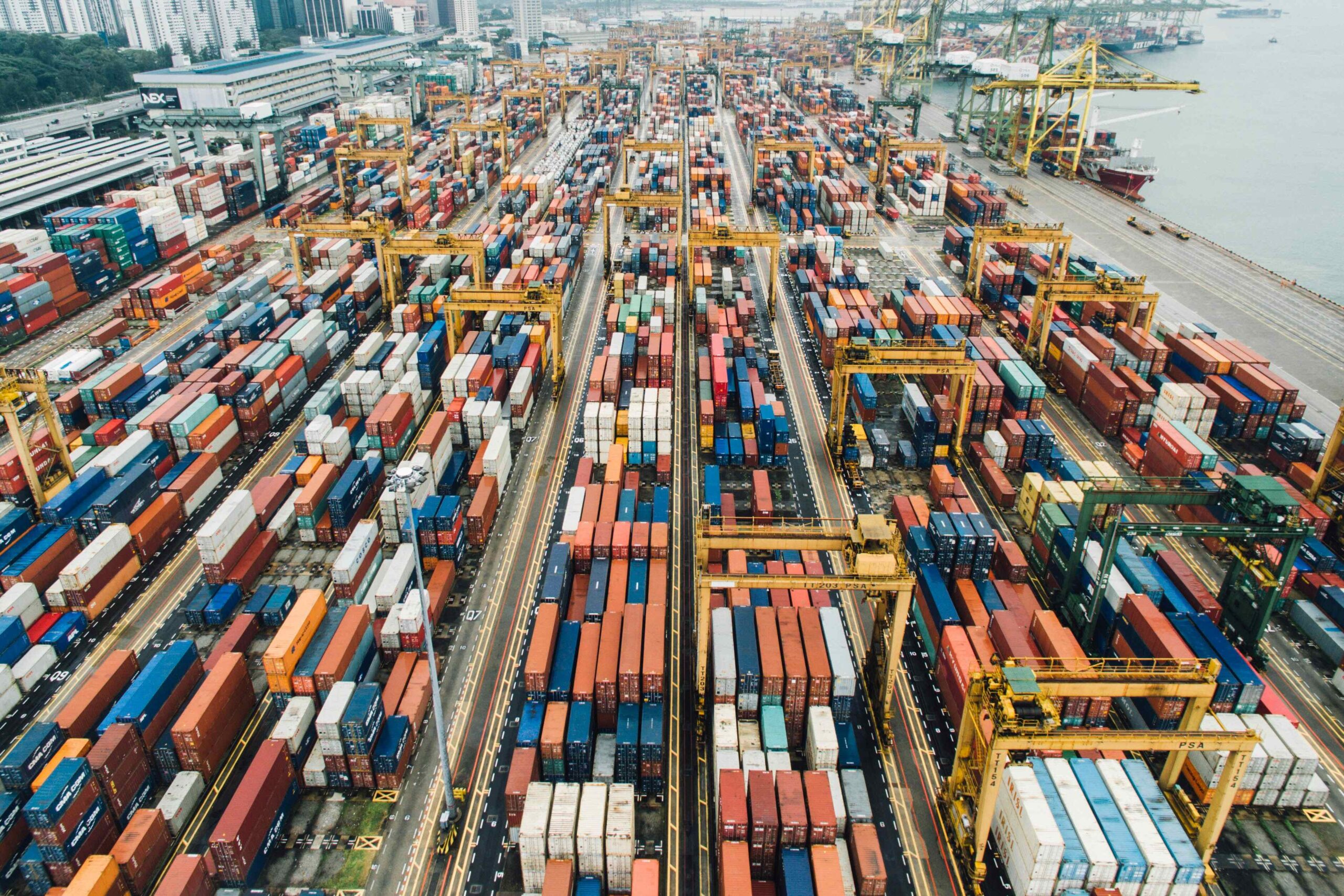Bunker Fuel in Inland Waterways Shipping
Inland waterways shipping, a vital component of global logistics and trade, relies heavily on bunker fuel for propulsion. However, the use of bunker fuel in this sector presents unique challenges and opportunities concerning environmental impact, regulatory compliance, and the quest for sustainability. This
The Role of Government Subsidies in Promoting Cleaner Marine Fuels
Governments worldwide are increasingly turning to subsidies as a key policy tool to promote the adoption of cleaner marine fuels, aiming to reduce emissions and mitigate environmental impact from shipping activities. These financial incentives play a crucial role in incentivizing shipping companies to
Advances in Marine Engine Technology for Fuel Efficiency
In a promising development for the maritime industry, recent advancements in marine engine technology are revolutionizing fuel efficiency standards, offering substantial economic and environmental benefits. These innovations mark a significant step towards achieving sustainability goals while enhancing operational performance across global shipping routes.
Waste Management in Bunker Fuel Operations
In the realm of maritime transport, bunker fuel operations are crucial for powering vessels across the seas. However, with this essential function comes the responsibility of managing waste generated during fueling processes. Effective waste management not only ensures compliance with environmental regulations but
The Role of Shipyards in Bunker Fuel Industry
Shipyards play a crucial role in the bunker fuel industry by influencing various aspects of vessel design, construction, and retrofitting that impact fuel efficiency. This article explores how shipyards contribute to enhancing bunker fuel efficiency and the broader implications for the maritime sector.
The Success of LNG-Powered Vessels
In the maritime sector’s pursuit of sustainable and efficient fuel alternatives, LNG (Liquefied Natural Gas) has emerged as a leading contender, offering significant environmental and operational advantages. This article explores the achievements of LNG-powered vessels, highlighting key factors driving their adoption, operational efficiencies,
Impact of Renewable Energy Policies on Bunker Fuel Demand
The global shift towards renewable energy is profoundly influencing various industries, including maritime transport. As nations implement policies aimed at reducing carbon emissions and promoting sustainability, the demand for traditional bunker fuels is experiencing substantial transformation. This article examines how renewable energy policies
Technological Innovations in Bunker Fuel Storage
The maritime industry is undergoing a significant transformation, driven by technological advancements aimed at enhancing efficiency, safety, and environmental sustainability. Innovations in bunker fuel storage technology are pivotal in meeting the demands of modern shipping. This article explores the latest advancements in bunker
The Intersection of Bunker Fuel and Maritime Law
The maritime industry operates within a complex legal framework that ensures safe, efficient, and environmentally responsible operations. Bunker fuel, the primary source of energy for ships, is a critical component of this framework, deeply intertwined with maritime law. This article explores the intricate
The Role of the International Maritime Organization (IMO) in Bunker Fuel Regulation
The International Maritime Organization (IMO) plays a critical role in regulating bunker fuel to ensure environmental sustainability, safety, and operational efficiency in the maritime industry. As a specialized United Nations agency, the IMO develops and enforces global standards to minimize the environmental impact

